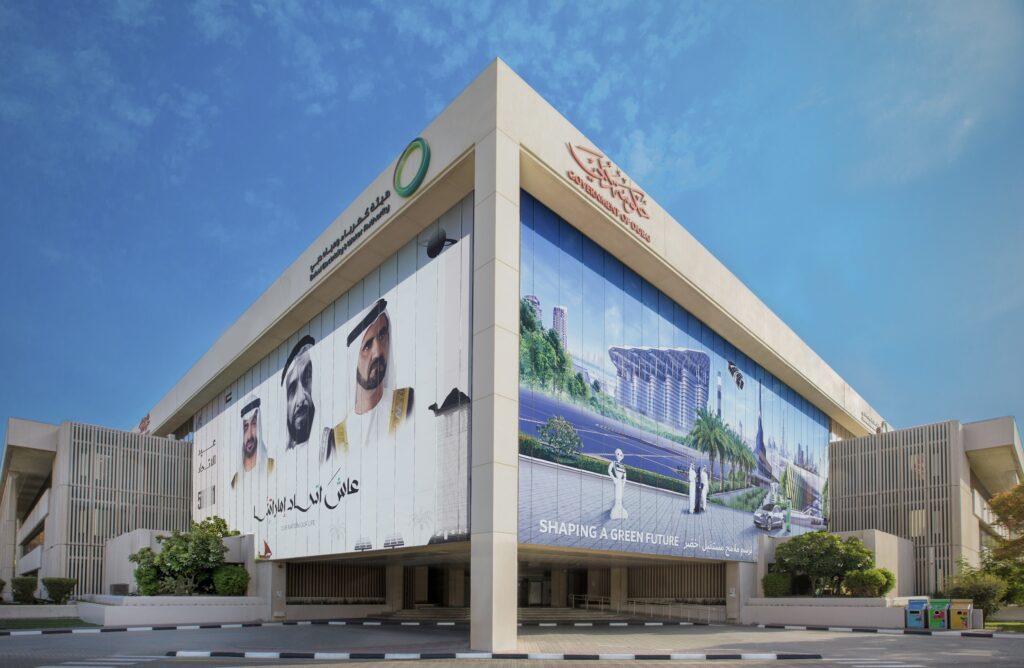Dubai’s Electricity & Water Authority (DEWA) has announced its plan to achieve zero carbon emissions by 2050. DEWA has halted projects that rely on fossil fuels and intends to rely on renewable energy for all future desalination capacity.
DEWA’s goal is to produce 100% of its energy from clean sources by 2050, with the Mohammed bin Rashid Al Maktoum Solar Park being one of its largest projects.
The solar park currently has a production capacity of 2,027 MW and will increase to 5,000 MW by 2030 using photovoltaic and concentrated solar power technologies.
DEWA is also working on a 250 MW pump storage hydro-electric power plant, which will be the first of its kind in the GCC region.
DEWA’s initiatives to achieve zero carbon emissions by 2050 also involve retrofitting buildings to improve energy efficiency.
More than 7,000 buildings have already been retrofitted, and the authority is installing electric vehicle (EV) charging stations across the city, according to Trade Arabia. Over 350 EV stations have been installed to date, and DEWA plans to increase this number to 1,000 by 2025.
These efforts have resulted in a 21% reduction in CO2 emissions in Dubai by the end of 2021, surpassing the target of 16%. In response, the government has set a new target for 2030 to reduce emissions by 30%.


